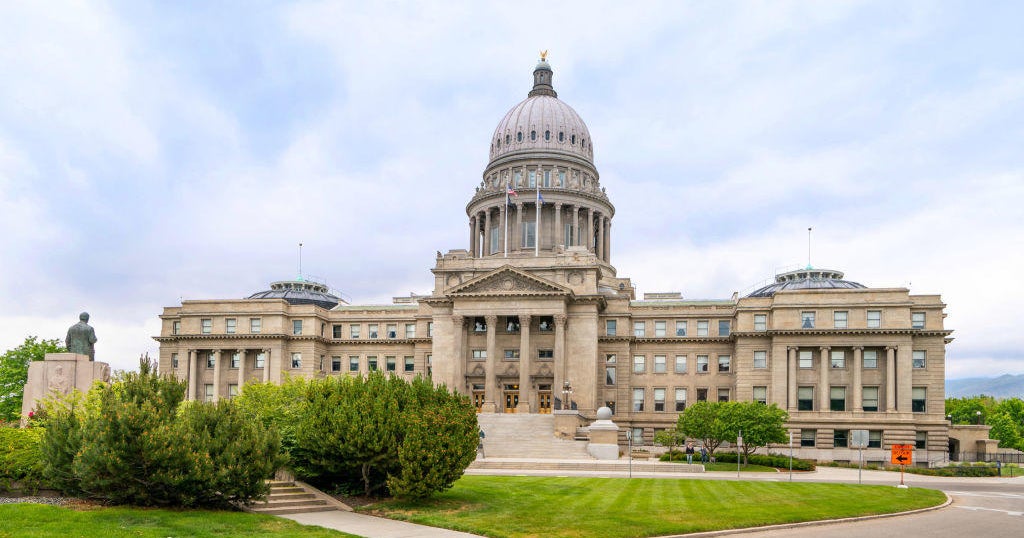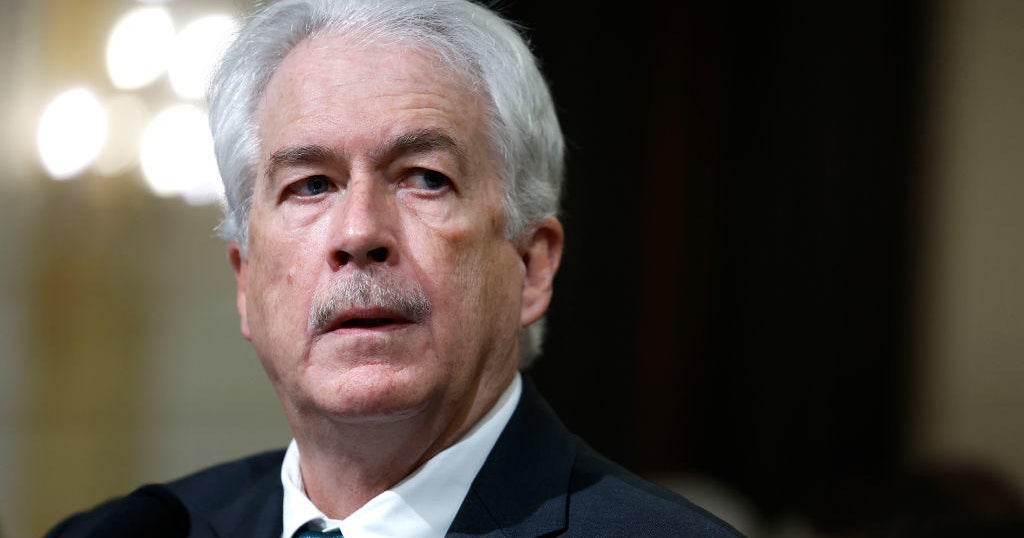What privacy rights do Americans have during contact tracing?
The pandemic has caused many countries to turn to contact tracing to help stop the spread of coronavirus, and the U.S. is now looking to do the same. But the practice is raising concerns about how much personal information the government and private companies will be able to collect.
"Right now we're trying to do three things and it's really hard to do all three at the same time," said CBSN legal contributor Keir Dougall. "Protect our health, our lives and our jobs, protect our social ability to gather and protect our privacy."
When it comes to potentially violating that privacy, the government does have precedence on its side, Dougall said. In 1905, the Supreme Court ruled that the government can take steps to protect public health that might otherwise infringe upon the Bill of Rights.
"It's a matter of self defense, and if public health officials tell our elected officials that there are reasonable steps that should be taken in order to protect our health, then that's ok," he said.
"Now those steps have to be reasonable, they can't be pretextual, they can't be an effort to accomplish something beyond what is reasonable to address the health issue, but those are the basic rules of the road now," he added.
Dougall acknowledged that there are valid concerns about misuse of data. "If our health officials have an evidence, science-based reasonable need to gather information, the government is going to have a right to get it. The question becomes one more of practicalities, and how do you get it," he said.
"The big concern with gathering all this information, and privacy advocates are right to be worried about this, is that it can be used to harass, it can be used to intimidate, it can chill people's political activity. It can end up in the wrong hands if there's a data breach," Dougall added.
There are also privacy concerns regarding what information employers are seeking from their employees. One example is Price Waterhouse Cooper, which is using a contact tracing application in its Shanghai office's reopening.
"Of course an employer has a right to protect the workplace," Dougall said. "They're going to want to make sure it's safe, they have an obligation to make sure it's safe. As long as it's not on a discriminatory basis and they're gathering information in an evenhanded way, they should be able to collect basic health information."
If employees are worried about how their company is treating their data, Dougall said that there are some options.
"If you feel they're asking too intrusive questions, talk to your employer. Talk to your union representative. If there's a worker's rights or advocacy group, talk to them and you can always talk to a lawyer. Ultimately these are voluntary relationships and you can potentially — you can refuse to give the information — and the employer will have to make a decision whether to keep you on as an employee."



